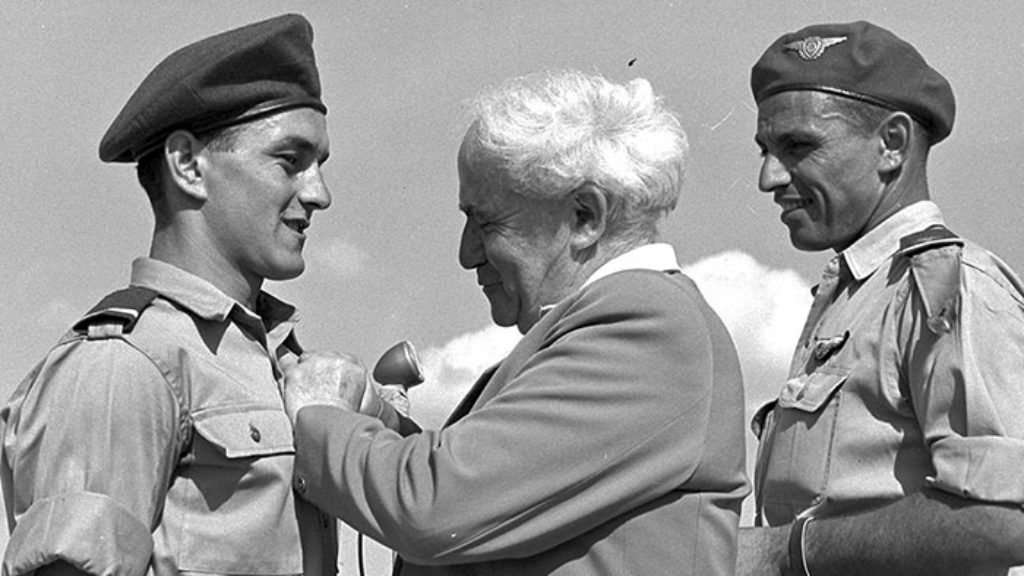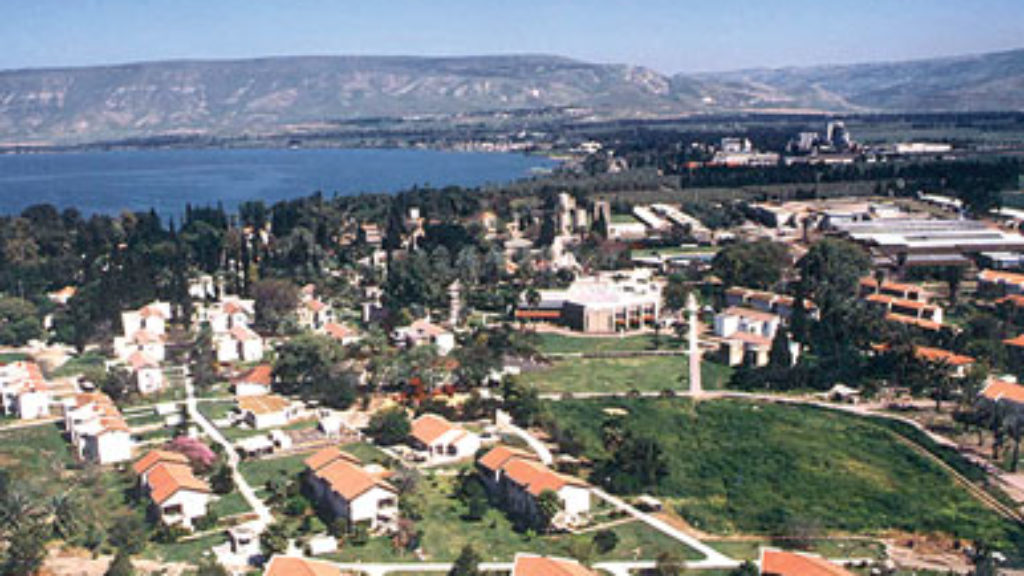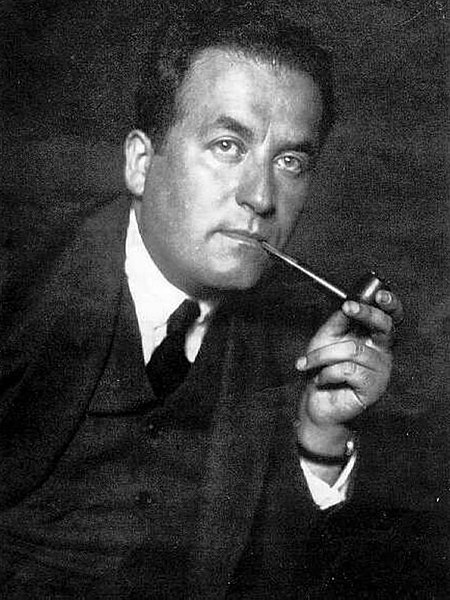Awe and Joy
“[T]he volume, from the moment of its appearance, seemed as though it had always been here, as though it had always been the companion of the Machzor (the holiday prayerbook), as though it was the volume which one held in his hands at this season and looked into, read snatches from, studied during moments of the long services when the mind is tempted to take its own, rather than the congregational, course. The book never looked new, and has remained fresh.”
These words are from preeminent 20th-century Judaic studies scholar Judah Goldin’s 1964 introduction to the abridged English edition of S. Y. Agnon’s remarkable anthology Yamim Noraim. Agnon, Israel’s only Nobel laureate for literature, carefully curated and synthesized ancient and new writings that bear on Rosh Hashanah and Yom Kippur. I first encountered the original Hebrew edition in the summer of 1971 when I was a Reform rabbinical student studying with the late Rabbi Arnold Jacob Wolf at a camp in Warwick, NY. It was, in fact, my real entrée into rabbinic literature. Ever since, Yamim Noraim has accompanied me to synagogue during the fall holidays, a natural companion for the long services. And I was not the only one—many of my friends and colleagues have done the same. This was, of course, Agnon’s goal: He was collecting, summarizing, and evoking an entire rabbinic world that he feared might die. It remains a stunning collection of Jewish thought on this season of awe.
Judah Goldin’s introduction to the English edition also offers much food for thought. Known as an impeccable translator and anthologizer (this translation, however, is not his), Goldin reflects on the title Schocken Books chose for the English abridgement:
“‘Days of Awe,’” he writes, “is probably as handy a rendition for a title in modern English as we are likely to get. But here again is an instance of how heartbreaking is the translator’s task. Yamim Noraim is not only the modern, popular expression for the days of Rosh ha-Shanah and Yom Kippur; it is the accurate term for the season which puts the fear of God into us. For this is the Judgment period, and when a man begins to think of his blunders and vulgarities and appalling occasions of bad conduct during the past twelvemonth term, it’s enough to fill him with terror.”
But wait a moment. What exactly breaks the heart of a translator trying to render Yamim Noraim into English? And why does Goldin here sound so disingenuous, like an actor playing an actor declaiming his lines? You can hear it in the choice of “puts the fear of God into us,” a turn of phrase an old person might use in recounting a tale about a beloved childhood teacher, and also in the near comedic “it’s enough to fill him with terror,” which has always sounded to me a little more like, “He should be frightened out of his mind, but is he?”
Perhaps Goldin was gesturing obliquely at the troubling realization that at age 50, less than 20 years after the end of World War II, he felt less yirat shamayim, “fear of heaven,” and more of what rabbinic tradition called yirat chet, “fear of sin.”
“The willy nilly sins against God,” Goldin writes, “and the sins against man and the sins against every animate and inanimate creature into which we are catapulted (let alone those we carefully plan) . . . have a way of parading before our memories and in our dreams with such sinister clarity that it is a supernatural triumph we are not in unrelieved despair.”
Now, I believe, we begin to hear the voice behind the mask. These are not so much days of awe for Goldin as they are days of despair in facing his own life and the human prospect. But then, as if hiding behind a citation, Goldin quotes a source from Agnon’s anthology (though as Goldin elsewhere observes, by Agnon’s own design and artful use of rabbinic Hebrew, it is sometimes unclear where a source ends and the anthologizer’s voice takes over). Quoting Agnon’s source (or is it Agnon himself?), then, he writes: “It is out of kindness”—then suddenly Goldin halts and inserts a parenthetical voice, apparently his own, that wonders aloud, “(kindness? hesed! hesed ha-el, God’s trustworthy, sure love!)”—after which the quoted source resumes: “toward his creatures that the Lord remembers them and reviews their deeds year after year on Rosh ha-Shanah, that their sins may not grow too numerous, and there may be room for forgiveness, and, being few, he may forgive them. For, if he were not to remember them for a long time, their sins would multiply to such an extent as to doom the world, God forbid. So this revered day assures the world of survival. For this reason it is fit that we celebrate the Rosh ha-Shanah as a festive day; but since it is a Day of Judgment for all living things, it is also fit that we observe Rosh ha-Shanah with greater fear and awe than all the other festive days.”
Although there is cause for festivity in the sheer marvel of survival against the odds, it would nonetheless be glib, Goldin/Agnon seems to say, were we to refer to this season as “The Days of Awe and Joy.” Nonetheless it is true that the month of Tishrei begins with Rosh Hashanah and culminates in Sukkot and Simchat Torah, the “season of our (greatest) rejoicing.” That is, awe and joy, though separate and distinct, do, as it were, collide and collude. Is it possible that awe as manifest in despair—a despairing awe—might of itself elicit, engender, or even contain a layer or an air of joy?
A little further in the introduction, Goldin revisits the heartbreak of the translator: “But to be perfectly honest,” he writes, “we are all shipwrecked, and ultimately it has little to do with Hebrew or English, or Esperanto for that matter. Start thinking of the mess we so frequently make of our lives, and words fail: no words seem to express exactly the deep regrets we want to feel and all the heartache we must learn to put up with.”
This time, there is no comedic undertone in these words—“the deep regrets we want to feel and all the heartbreak we must learn to put up with.” This puts me in mind of French Jewish philosopher Vladimir Jankélévitch’s book The Bad Conscience, where he writes, “Remorse, we know, expresses the absolute irreversibility of our acts. Remorse is thus pure despair, and yet to have remorse is a symptom of recovery; this despair is our salvation even though the act of despairing consists in believing oneself condemned to death.”
When I feel the tragic limitations of my own life, the sudden smallness of my actual condition, the coerced awareness that, ready or not, my life will soon stop, the music will go silent, and the long tape measure of symphonic me will snap back into its metal casing—biblical scholar James Kugel’s stunning image—I enter a form of fright, or rather a dread enters me, and my terror is as vast as the abyss into which I feel myself disappearing. But when, on occasion, I have managed to assent to that awful truth, I have tasted something akin to peace and well-being. How is that possible?
Jankélévitch observes, “despair is inconsolable, and yet, and even because of that, joy is given to the distressed sinner.” In other words, sometimes when we really hit bottom, there is a bounce, maybe the affect associated with surrender, that is as surprising and unlikely as the psalmist’s bald assertion, “Those who sow in tears will reap in joy,” and as simple as Song of Songs 8:6, “For love is as fierce as death.”
Agnon cites the Gemara in which the Ministering Angels ask God why Hallel (Psalms 113–118, joyful both in aspect and in sentiments like “This is the day that the LORD has made—let us exult and rejoice on it”) is not recited on Rosh Hashanah or Yom Kippur as it is during other festivals. Curiously, God does not explicitly forbid the recitation but rather asks the angels a question as if he himself is uncertain: “Can the king be seated on his throne of judgment with the books of life and death open before him, and Israel sing hymns of praise?” Indeed, the question stands.
Suggested Reading

“In Order that They Didn’t Die Alone”: Remembering Claude Lanzmann
The iconic director of the most critically acclaimed movie about the Holocaust, Shoah, died last week.
Swimming in an Inky Sea
Ilana Kurshan, a hyper-literary, ideologically egalitarian, hopeless romantic (in her words), doesn’t fit the typical profile of a Daf Yomi participant.

Strategic Imperatives
In his new book, Charles Freilich examines the question of how future governments ought to cope with Israel's fundamental defense predicaments.

The Kibbutz, Post-Utopia
One hundred years ago, Yosef Bussel, Yosef Baratz, eight other young men, and two young women arrived in Umm Juni on the southern shore of Lake Tiberias. There they established a kommuna, a small agricultural settlement that was to become the first kibbutz. A new Hebrew book celebrates the centennial history of this great experiment.

Comments
You must log in to comment Log In